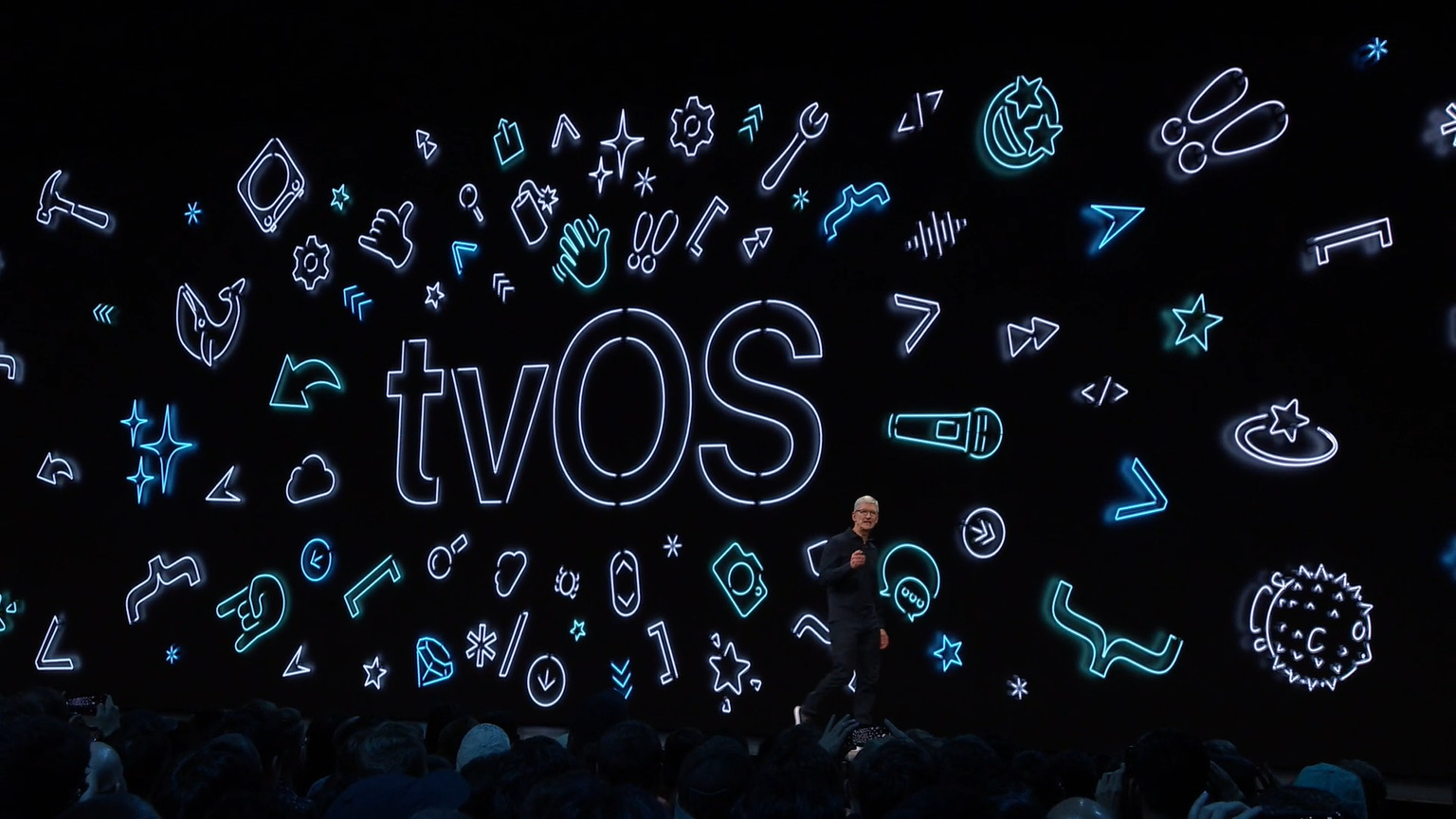

Take what’s happening to Facebook after mishandling the millions of users’ data that ended up in the hands of the political-data firm Cambridge Analytica, which improperly scraped the Facebook profiles of not only those who downloaded a personality quiz app but everyone they were friends with too. It’s a smart innovation, and it’s no surprise that it comes from Apple-a company that went head to head with the FBI when it refused to help unlock the encrypted iPhone used by a shooter in the 2015 San Bernardino attack for fear that doing so would create a dangerous privacy precedent for the rest of its users.

Users who opt to create new accounts with Apple can also choose to use a randomly generated email address that forwards messages to their actual inbox, preserving customer privacy even further by allowing users to keep their email addresses to themselves without sharing them with another company. But Apple isn’t just offering a third option. It’s the same idea as those Google and Facebook buttons but from a company that’s known to be far more trustworthy with customer data-and that has been emphasizing its privacy bona fides as the other tech companies have come under scrutiny. At its annual developer conference on Monday, the company unveiled a new “Sign in with Apple” button for Apple device users to create new logins on websites and apps. If we see more of this trend, privacy will be more like a luxury for some rather than a right for all.Įnter Apple. Increasingly, those enticing buttons feel less like they’re worth the convenience.

The problem with this bargain is that when it comes to protecting user privacy, Facebook and Google haven’t always kept up their end of the deal-and they also use all that user information to power targeted-advertising businesses that more and more users find super creepy. Airbnb, Spotify, Tinder, Venmo-they all allow you to log in with Facebook or Google or both. It was good for third-party apps too, which were able to dull their users’ annoyance at creating yet more new accounts by simply porting over their Google or Facebook info. That convenience came with a bargain: Users had to trust Google and Facebook to keep their personal details safe in exchange for the information those companies got to glean about all the websites and services we use. Clicking on “Sign in with Facebook” and “Sign in with Google” isn’t exactly frictionless, but it’s close.
#Wwdc 2019 registration password#
Many of us manage these password requests by using our login credentials from Google and Facebook to register with other websites. Want to keep reading an article? Create an account. Care to comment? You’ll need to remember your password. To use the internet is to constantly slam into locked doors. Mark Zuckerberg’s Twitter Killer Is Shockingly Viable. It Was Mortifying-but I Learned Something Important. I Confronted Someone Who Removed Me From Find My Friends. After the Titan Implosion, I Keep Thinking About What Happened Before We Launched.


 0 kommentar(er)
0 kommentar(er)
